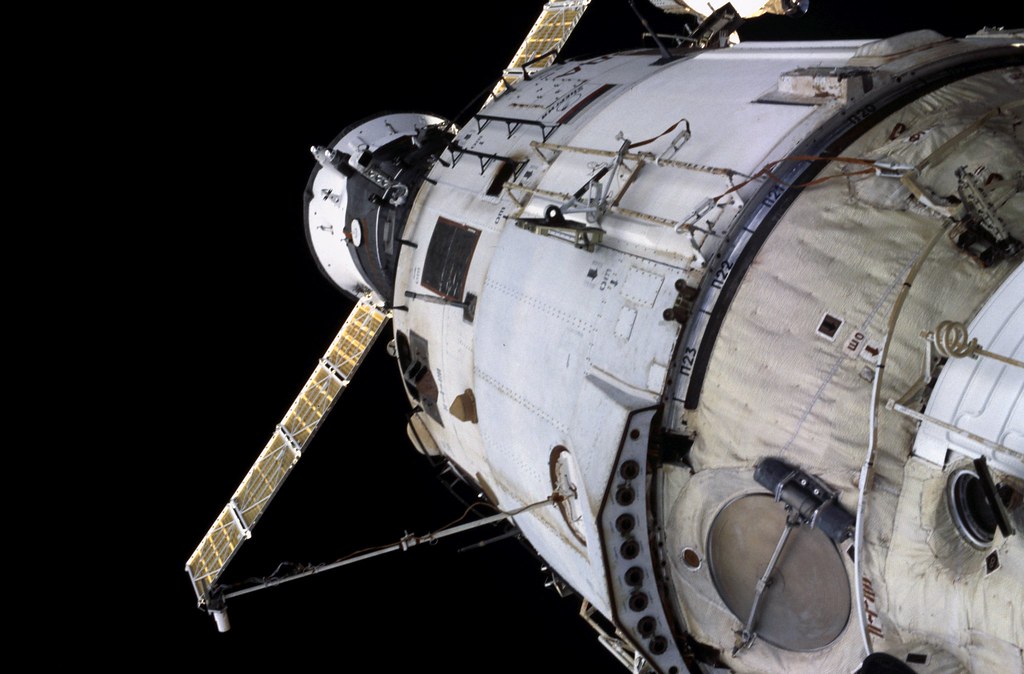
Introduction
The International Space Station (ISS) stands as one of humanity’s most significant achievements in space exploration. Launched in 1998, the ISS serves as a microgravity and space environment research laboratory where scientific research is conducted in astrobiology, astronomy, meteorology, and physics. Its ongoing operations and maintenance are important not only for international collaboration among nations but also for advancements in various fields that benefit life on Earth.
The Structure and Function of the ISS
The ISS orbits Earth at an altitude of approximately 400 kilometers and travels at a speed of about 28,000 kilometers per hour. The station consists of interconnected modules equipped with laboratories, living quarters, and extensive solar arrays for energy. As of October 2023, there are six astronauts aboard, representing the United States, Russia, Europe, and Japan, showcasing the collaborative spirit of space exploration.
Recent Developments
In recent months, the ISS has been in the news for a variety of reasons. Noteworthy is the launch of the Crew-7 mission by NASA, which successfully transported four astronauts to the station in late August 2023. This mission highlighted the growing partnership between commercial spaceflight and government space agencies, furthering the capabilities of manned missions to the ISS and beyond. Additionally, scientific experiments onboard have yielded significant findings related to health, materials science, and the effects of long-duration spaceflight on the human body.
Significance for Future Exploration
The ISS plays a pivotal role in preparing for future deep space missions, including those planned to the Moon and Mars. Research conducted on the ISS helps scientists understand the effects of prolonged weightlessness on the human body, which is crucial for missions that could last several months or years. Furthermore, technology development aboard the ISS can lead to innovations that will be necessary for living on other planetary bodies.
Conclusion
As the programme for the ISS approaches its planned conclusion in the late 2020s, discussions regarding its future and potential successors are ongoing. The legacy of the ISS will undoubtedly influence future international collaborations and research efforts in space exploration. For readers, the ISS represents not just a scientific marvel, but also a testament to what can be achieved when countries and individuals come together towards common goals, and it underscores the vital importance of continued investment in space science and exploration for generations to come.
You may also like

The Evolution and Impact of Apple iPhones

Spotlight on Strand Larsen: Innovating Maritime Solutions

Understanding Germany: A Hub of Innovation and Culture
SEARCH
LAST NEWS
- Remembering Wendy Richard: The Promise to Co-Star Natalie Cassidy
- How Did Anglian Water Achieve an ‘Essentials’ Rating for Mental Health Accessibility?
- Shai Hope Leads West Indies in T20 World Cup Clash Against South Africa
- What We Know About Weston McKennie: Future at Juventus and Past at Leeds
- What We Know About the Upcoming Live Nation Antitrust Trial